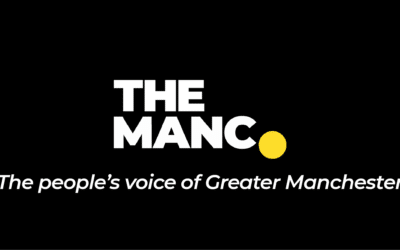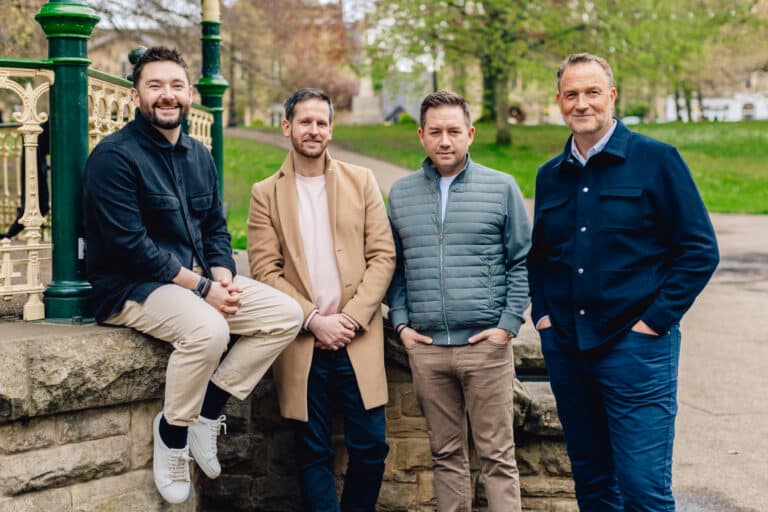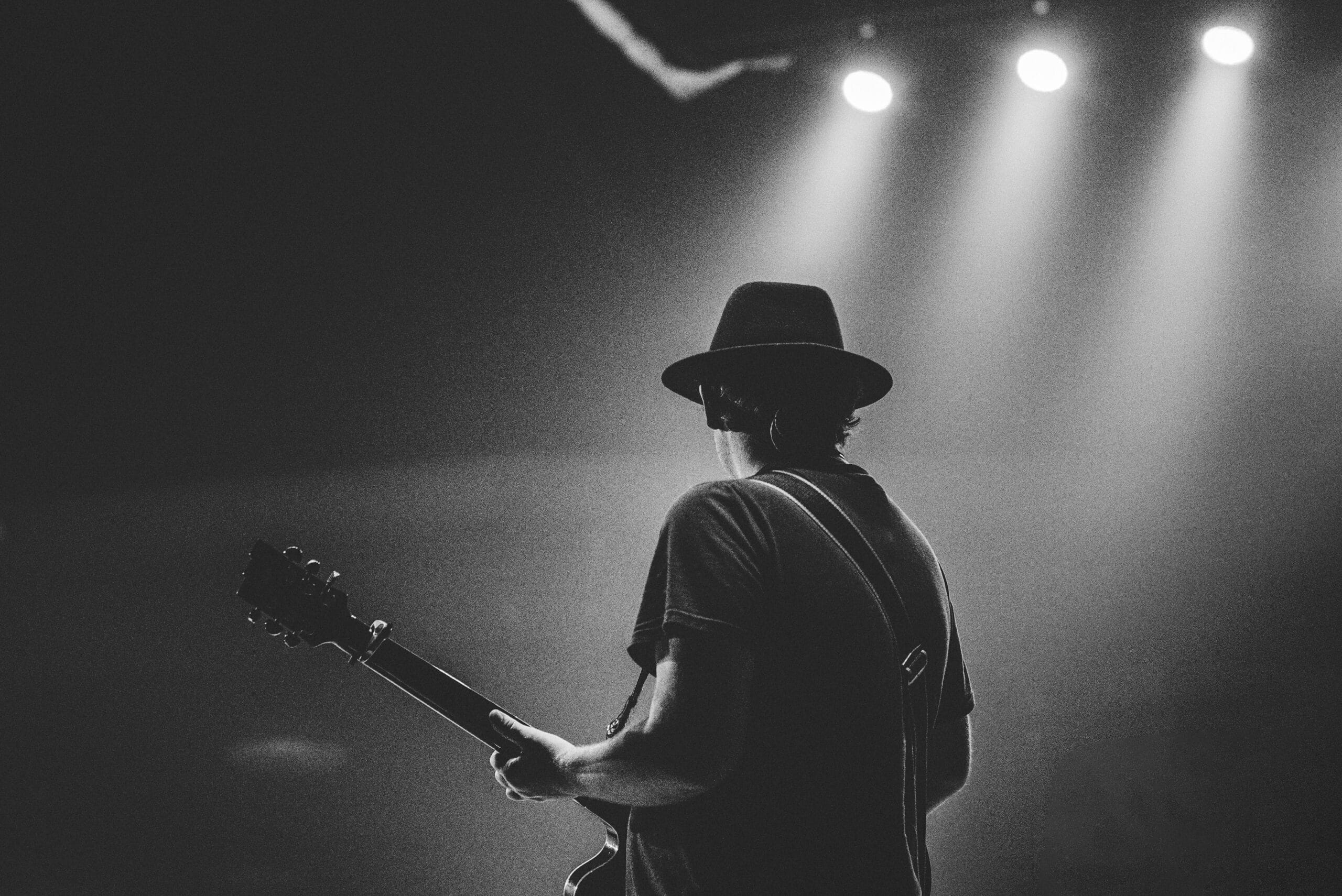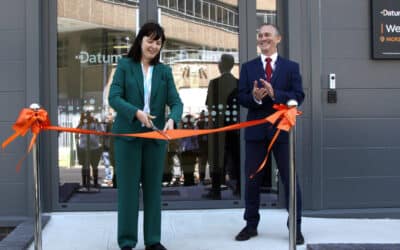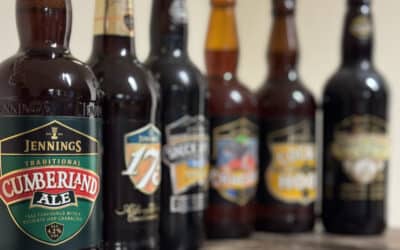As venues across the hospitality industry were forced to pull down the shutters and musical instruments were left gathering dust in cupboards, Covid restrictions left many across the industry reeling. But Manchester-based GigPig, a new live music management and booking platform, is on a mission to revive the industry.
Aiming to connect venues with musicians, GigPig supports venues to boost footfall by booking artists and empowers musicians with a platform to earn a living gigging. It’s now more important than ever as another threat to the industry is on the horizon: the cost-of-living crisis.
“Prior to the pandemic, there were around 70,000 gigging musicians in the UK. Post-pandemic there are just under 47,000. That is 23,000 musicians lost to the industry,” Michael Forster, CEO and co-founder of GigPig, told Prolific North.
“We are trying to build this platform for them to come back. Because this is what they do. This is what they love.”
Following a successful pilot since launching just three months ago, hundreds of restaurants, bars, pubs and clubs have already signed up in Manchester from large multi-chain venues to smaller, independent venues such as Mission Mars, Arc Inspirations, NQ64 and Jimmy’s Manchester.
Overall, he said there are now nearly 2,000 artists and over 200 venues signed up to the platform, with the wheels already in motion for GigPig to launch in 10 more cities across the UK, including Leeds and Liverpool.
The rapid growth has been driven by a mission to support the industry with rising operational costs and to ensure other emerging competitors do not fracture an already fragile market where artists have already been “hurt and abused” by agents and venues over the years.
“We found that there were other competitors doing a version of what we wanted to do. So we decided to launch it and quietly pick up key accounts in the North West,” he explained.
Alongside his co-founders Andrew Garner, Kit Muir-Rogers and Ed Francis, he’s keen to point out they have a shared passion for nurturing those in the industry through their own experiences.
“These new players in town are not necessarily from the same space as we are, which is the hospitality and music industry, they are from tech. My concern was they were going to break the marketplace before we even got going.
“Without the artist, none of this exists. There’s no Spotify, there are no venues, no clubs, no music, no dancing, no books, no TV. There’s nothing without the artists and they have to be front and centre of every single conversation that we have.”
Removing barriers and how the platform works
With a mission to “democratise the hospitality industry” by creating better opportunities for both venues and artists, how does it all work?
For venues, the platform plugs into its operations, finance and marketing departments and enables them to book musicians directly without dealing with third-party booking agents and the high fees that come with them. The vision is to tackle the “last wild west of the hospitality business”, by removing barriers to the marketplace and automating the invoice process too.


